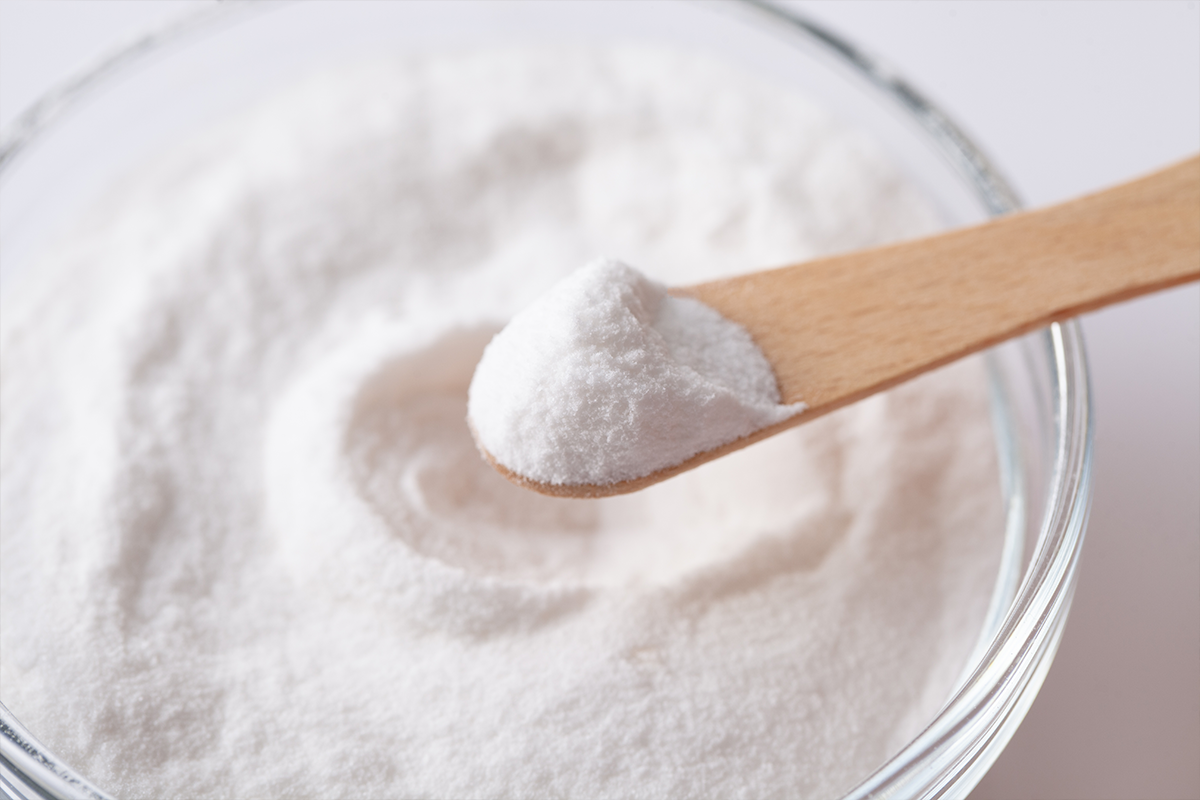Advertisement
Sweet Little Lies
Consumers have filed a $350 million class action against the world’s most-used chemical sweetener in a bid to expose aspartame’s deadly side effects. The complaint was filed on September 15, 2004 in California on behalf of Joe Bellon. According to the National Justice League, which is handling the case, Bellon is representing a class of … Continued

Consumers have filed a $350 million class action against the world’s most-used chemical sweetener in a bid to expose aspartame’s deadly side effects.
The complaint was filed on September 15, 2004 in California on behalf of Joe Bellon. According to the National Justice League, which is handling the case, Bellon is representing a class of plaintiffs who are charging NutraSweet, the American Diabetes Association, and 51 individuals with “manufacturing and marketing a deadly neurotoxin unfit for human consumption, while they assured the public that aspartame (also known as NutraSweet/Equal) products are safe and healthful, even for children and pregnant women.”
The “deadly” evidence refers to an affidavit signed in early September by a former translator for the developer of aspartame, G.D. Searle Co. The affidavit describes the company’s initial studies that were conducted on people in developing countries in the early 1980s, and allegedly shows conclusive evidence that aspartame not only caused severe health problems, but also death. The evidence apparently was destroyed.
These are a few of the thousands of products containing aspartame. Equal, Gaviscon, Alka-Seltzer, Cool Mint Listerine, Diet Pepsi, Mylanta, Signature Range, Nutrasweet, Metamucil, Extra, Paracare, Diet Coca-Cola, Diet Schweppes, Powerade, Tylenol, Flintstones Vitamins, Pediacare, Zantac, Bio-Pharmaceutics, Naturelax, Diet Snapple, Jell-o Light, Carnation Hot Chocolate, Kool-Aid Light.
Sweet Conspiracy?
In light of this news, one may think an aspartame ban is inevitable. However, the long, bitter history of aspartame reads so much like a conspiracy novel that nothing can be assumed.
Prior to 1981, the US Food and Drug Administration (FDA) had refused to approve aspartame for use in food because of the seizures and brain tumours it produced in animal lab tests. Secretary of Defense Donald Rumsfeld, who at the time was Chief of Staff under President Ford, is mentioned throughout the California lawsuit and is believed by the plaintiffs to have used his political power to get aspartame approved.
Rumsfeld left the Ford administration in 1981 to become the CEO of G.D. Searle Co. The day after President Reagan took office, FDA Commissioner Arthur Hayes, who had recently been appointed by Reagan, approved aspartame against the wishes of his own Public Board of Inquiry. They advised that aspartame be withheld at least until the question concerning its possible cancer links could be resolved. Hayes also approved aspartame for use in carbonated beverages and then joined NutraSweet’s public relations firm under a lengthy, well-paid contract.
Body of Evidence
Today, both the FDA and Health Canada defend aspartame claiming that many studies prove its safety. John T. Linnell, managing director of Mission Possible Canada, part of an international group lobbying to ban aspartame, says, “Aspartame is not a nutritive sweetener, as Health Canada claims, but a metabolic poison.”
Health Canada says that methanol, which is a byproduct of consuming aspartame, is not foreign to the human diet. While this is true, studies show that an average person’s daily intake of methyl alcohol from natural sources is less than 10 milligrams. Aspartame beverages contain approximately 55 milligrams per litre.
In 1996, Dr. Ralph G. Walton, chair of The Center for Behavioral Medicine and professor of clinical psychiatry at Northeastern Ohio Universities College of Medicine, analyzed all of the peer-reviewed medical literature on aspartame. He discovered that all 74 studies with sponsorship ties to the aspartame industry declared no problems with the sweetener. On the other hand, 92 percent of the 90 independent studies identified problems.
Deadly Reactions
The effects of aspartame are documented by the FDA’s own data, which they were forced to release in 1995 under the Freedom of Information Act. At that time, aspartame accounted for more than 75 percent of all adverse reactions reported to the FDA’s Adverse Reaction Monitoring System. According to the National Justice League, the FDA stopped taking adverse reports about aspartame in 1996. The original 92 symptoms recorded range from dizziness and headaches to seizures and death.
According to H.J. Roberts, MD, author of the book Aspartame Disease: An Ignored Epidemic (Sunshine Sentinel Press, 2001) there are thousands of adverse side effects and diseases triggered by aspartame. In his experience, the effects of aspartame are often misdiagnosed as arthritis, lupus, multiple sclerosis and Alzheimer’s disease, to name a few. According to the National Justice League, the American Diabetes Association rejected Dr. Roberts’ claim that aspartame precipitated diabetes and reacted harmfully with insulin.
How is one to decide what’s best for one’s health? Radio show host and former British Columbia cabinet minister Rafe Mair, who is a diabetic, contends, “This is the rub. You either buy into the Canadian Diabetes Association which gets funding from the chemical companies, listen to propaganda, or you do your due diligence on the Internet-a daunting task.”
Mair notes, “I have no idea whatsoever whether aspartame is an innocent sweetener or a poison. What I do know is that if I were a juror and listened to all the evidence, I would have very grave doubts about this compound. Very grave doubts indeed.”




